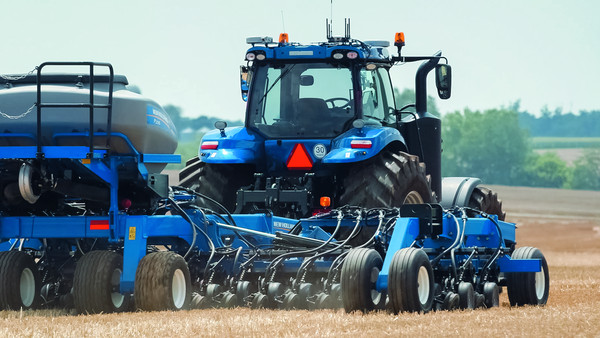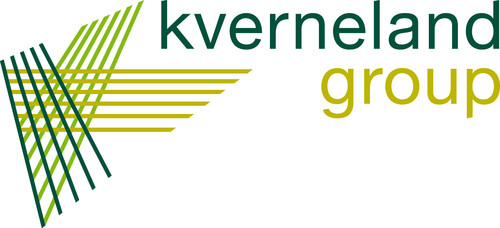
Sustainable agriculture, in the foreground
Eco-compatible mechanization was one of the major topics at EIMA International 2016, debate in various initiatives, took place during the exhibition. Among these, there was the conference entitled "Agriculture and sustainability. Innovation, more responsible management of resources and new behaviours". Promoted by LifeGate and Trattori magazine, the meeting took stock of the sustainability evaluation criteria in the use of mechanical means
With a world population that is approaching eight billion people, the issue of food self-sufficiency becomes increasingly important every day, not only in the public debate, but in the business strategies, technological innovation, in the very way in which many industry players interpret their mission. On the other hand, the increase in demand for agricultural products and, with it, in agricultural production - as in the case of biofuels - for uses other than human and animal food, poses a real and compelling problem of preservation and regeneration of environmental resources.
This problem is linked to the consumption of these resources (such as depletion of water supplies and soil impoverishment) and the polluting impact (methane and CO2, for example) of the primary sector. In short, today’s agriculture, and even more so that of the near future, need to be sustainable. In the field of environmental protection, agricultural mechanization is able, yet again, to make a difference.
The green vocation of EIMA International
This is one more reason why sustainability in agriculture was one of the main topics of the Bologna event. As part of the Technical Innovation competition, the 2016 edition saw the launch of the Blue Award for the most environmentally friendly vehicles. This was an opportunity for industry operators, experts and insiders to meet and take stock of the state of the art in terms of technology. In particular, the spotlight is on the conference entitled “Agriculture and sustainability.
Innovation, more responsible management of resources and new behaviours”, which was chaired by Roberto Sposini and promoted by LifeGate in collaboration with “Trattori” magazine, with the participation of Massimo Goldoni (Chairman FederUnacoma), Carlo Lambro (Brand President of New Holland Agriculture), Paolo Pompei (President Business Unit Agricultural & Forestry Tires Trelleborg), Stefano Agnellini (Director of Trattori magazine), Bart van der Voort (Business Development & Partnerships Manager Europe DJI), Antonio Salvatore (Director of Agro Industrial Bonduelle Italia) and Stefano Corti (Director General LifeGate).
A self-driving tractor for precision farming
The best way to protect environmental resources is conservation agriculture. An increasingly popular technique that is aimed at minimum soil processing (and therefore the minimal alteration of its physical and chemical characteristics) in such a way as to preserve the vitality and the organic substances of the soil through the use of tools and machinery able to operate in a selective way and with great precision. Here one of the most significant innovations is the tractor with totally automated driving produced by New Holland. “The concept behind this machine is very simple: it moves through sensors and works with precision for a potentially unlimited time,” explained Lambro. “This does not mean that the operator is destined to disappear, but that he will have a control and verification role. The farmer - added Lambro - fits into the new vision of precision farming or precision conservation agriculture.”
Monitoring crops from above. As part of precision agriculture, the use of drones is becoming more widespread every day. The reason for this was given by the Business Development & Partnerships Manager Europe DJI, Van der Voort. “Today farmers are under pressure from many quarters to increase crop yields and meet the growing demand for food. Drones - said Van der Voort - can increase efficiency in agriculture by gathering information. This information is processed to understand what kind of action is needed by the soil, but also to monitor the health of flora and fauna and prevent possible erosion and any possible soil failure.”
An index for the eco-compatibility of tractors
Presented by Agnellini, the Mobility Revolution Tractor is a sustainability index with which you can “measure” how much a tractor - whether it is a machine used for landscaping, a specialized or a 500 horsepower tractor - is going to impact the environment . This “rating”, said Corti, is designed to meet the growing attention of Italians to the topic of environmental protection, given that, as revealed by the second National Observatory on Sustainability, about half of Italians (45%) are willing to purchase a sustainable asset even if it is more expensive.








